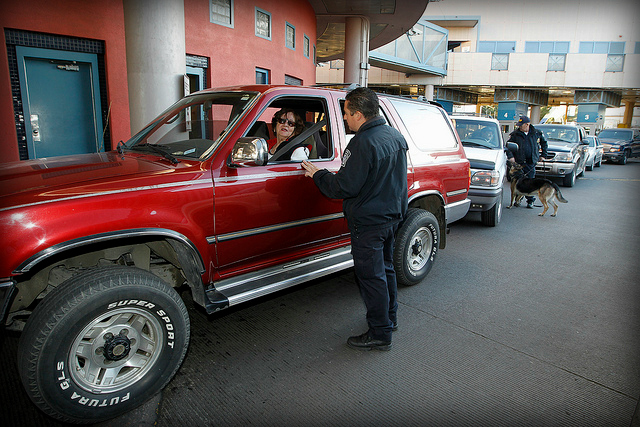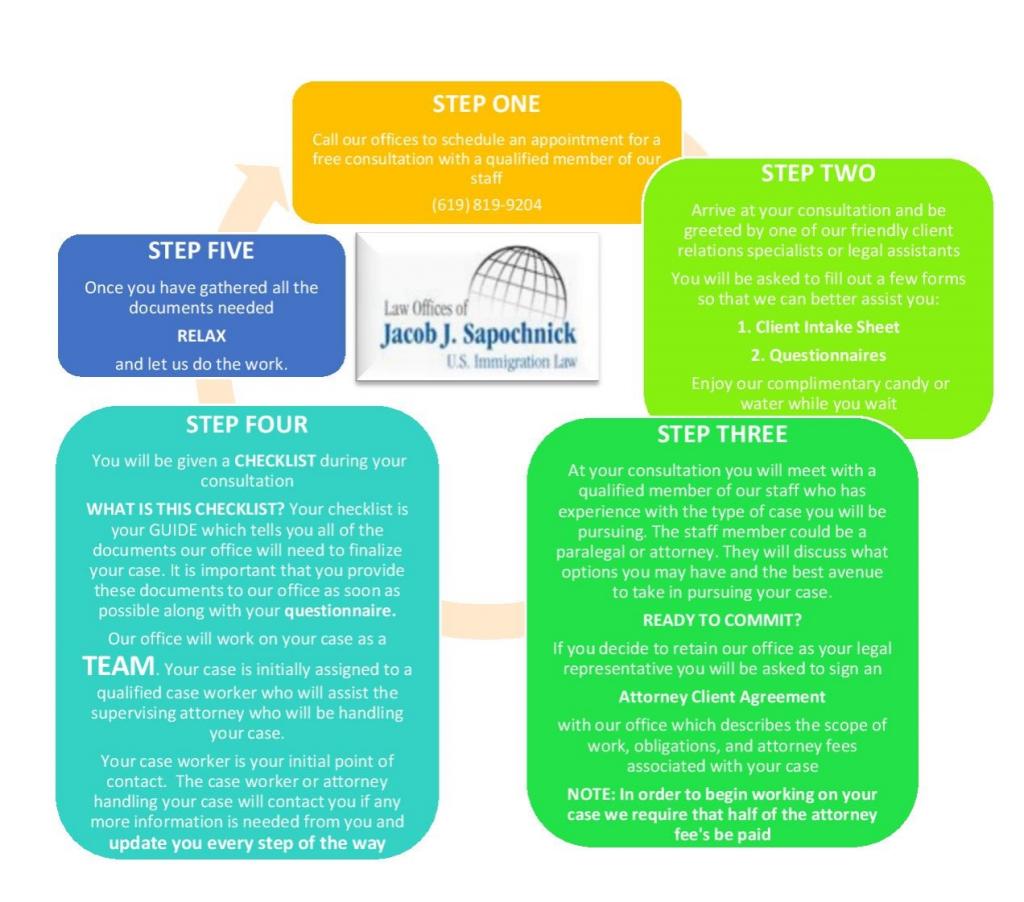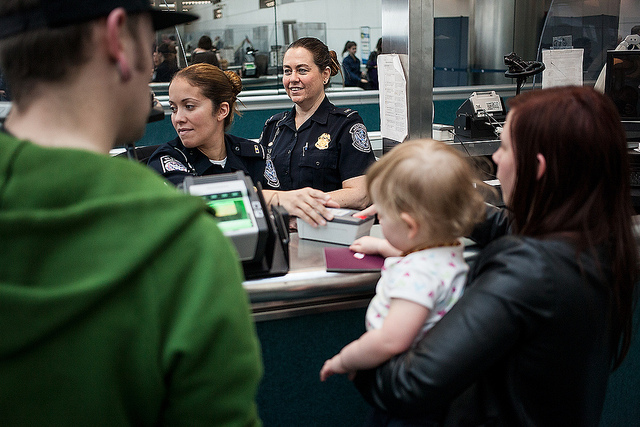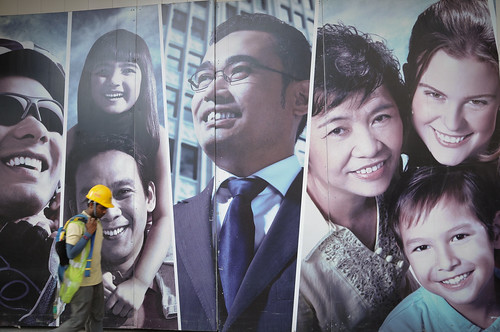Over the past couple of years, the immigration service center has increased the number of requests for evidence (RFE) they issue on most non-immigrant worker visas. Recently, our office got approved a request for evidence on an L-1B, intracompany transferee specialized knowledge.
The L-1B, intracompany, transferee specialized knowledge visa is used by companies transferring an employee to the US company to work in a position that, as you might have guessed, requires specialized knowledge. The requirements are pretty vague, since immigration defines specialized knowledge as “information and experience about the company’s products, services, research, equipment, techniques, or interests and their applications in international markets. A “specialized knowledge” employee has an advanced level of knowledge or expertise in the organization’s processes and procedures.
This specialized knowledge must be required to carry out the duties of the position with the U.S. affiliated company.” It becomes the burden of the petitioner to demonstrate how the employee in question holds specialized knowledge of the company’s products, services, equipment and so forth. This burden can prove difficult at times since it is usually clear to the employer why the person they are seeking to transfer to the US office has the specialized knowledge.
Part of a successful petition for an L-1B visa is demonstrating that the company’s product, services, equipment, or interests require specialized knowledge, the employee has the requisite specialized knowledge and no one else in the US or foreign office has that knowledge or can easily attain that knowledge to carry out that role.
Our client came to us because the initial filing on their L-1B petition received an RFE asking for additional evidence to establish how the beneficiary met the requirements of an employee with specialized knowledge. The RFE was lengthy since it questioned everything about the petition from the position’s requiring specialized knowledge to the companies meeting the transfer requirements.
Qualifying relationship between the companies
The first points to address were the qualifying relationship between the companies for transferring the employee. In particular the RFE requested documentation to establish the relationship through the submission of documents like stock certificates, bank statements, wire transfers, stock ledgers, and so forth. It was also requested that a breakdown of the ownership of the foreign company be submitted to demonstrate that the US company was the parent company. By providing these documents in the initial petition, the issue would not have been raised, but in some cases where ownership changes hands it becomes difficult for immigration to determine that the relationship still exists. In our case it was possible to show through those documents that the relationship still existed between the parent and foreign company.
Continue reading

 Visa Lawyer Blog
Visa Lawyer Blog







